Along the Tongzhou Grand Canal, rich in heritage and spanning thousands of miles, a feast of scholarship and knowledge unfolds in the lush greenery of midsummer June.
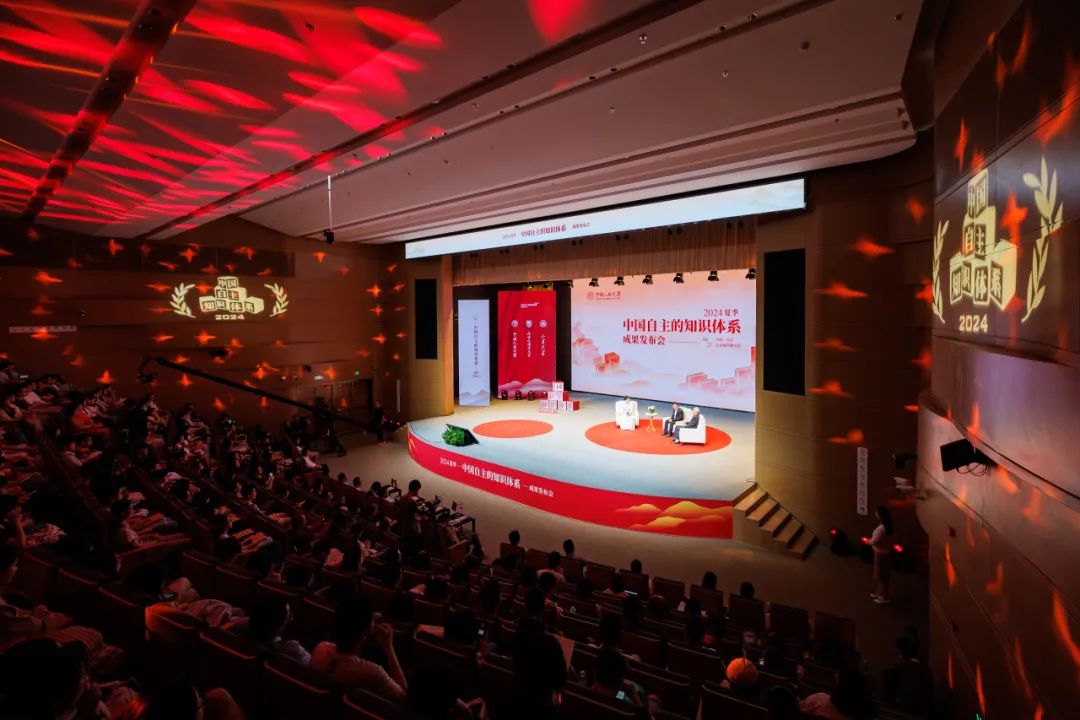
Scholars use academic discourse to explain China’s governance, answer the questions of the times, and promote more results of China’s independent knowledge system, bringing them into the world.
On the afternoon of June 27, the Summer 2024 Release Conference of China's Independent Knowledge System Achievements was held at the Beijing City Library.
Four universities—Renmin University of China (RUC), Shandong University (SDU), Sichuan University (SCU), and Beijing Foreign Studies University (BFSU), all members of the “Alliance of Universities Constructing China's Independent Knowledge System”—and the Beijing Academy of Social Sciences (BASS) as a representative of the social science system released important academic achievements. These efforts summarize and refine China’s practices with the independent knowledge system, witnessing the flourishing development of philosophy and social sciences with Chinese characteristics.
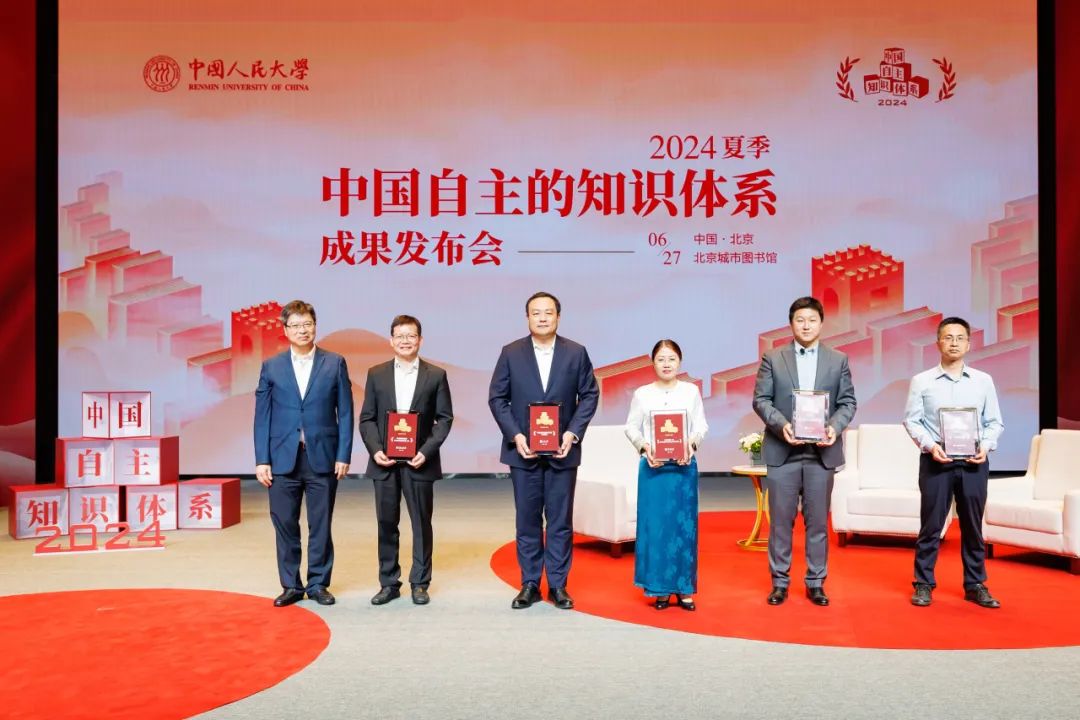
RUC President Lin Shangli awarded certificates to the five presenters. Participants included Xie Hui, Secretary of the Party Leadership Group of BASS; Li Nianzu, Deputy Director of the Capital Library; Xu Zhaoqing, Director of the Innovation Management Department at China Central Radio and Television Station; and Wang Yi, Vice President of RUC. The conference was hosted by Wang Ning, a producer and reporter from China Central Radio and Television Station.
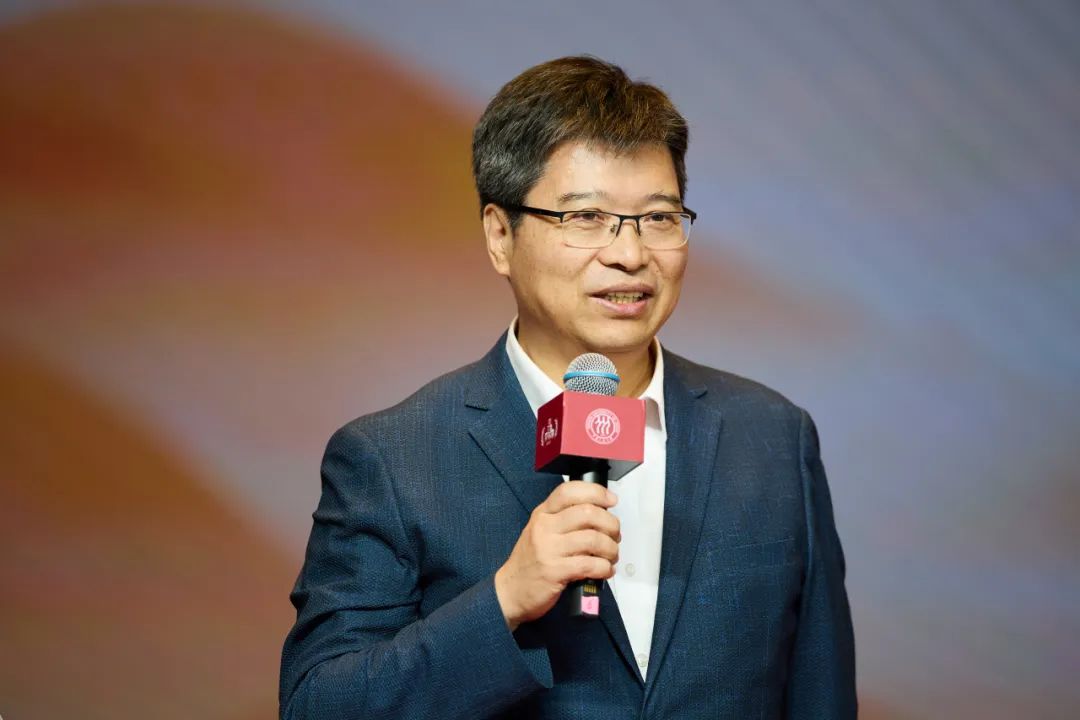
Lin Shangli emphasized the need to build an independent knowledge system to advance philosophy and social sciences with Chinese characteristics, providing essential guidance. RUC, as a leading institution, has been actively exploring this construction and will continue to collaborate with the academic community to pursue high-level achievements and promote Chinese wisdom, theory, and solutions, accelerating the development of a unique discipline, academic, and discourse system to establish its place in the global academic community.
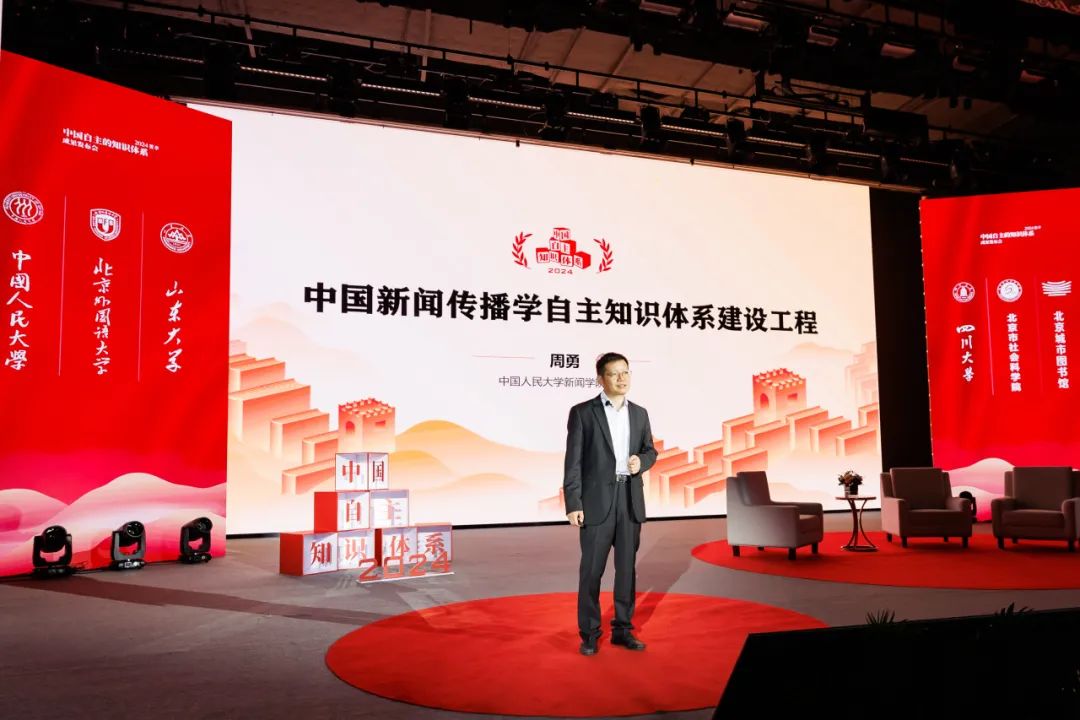
Zhou Yong, Dean of the School of Journalism at RUC, released the achievements of the “Construction Project of China’s Independent Knowledge System in Journalism and Communication Studies” series, which gathers collective wisdom, integrates classics, and reflects the field’s forefront. The first edition, with 16 volumes and nearly 6 million words, explores the journalism and communication knowledge system from historical, theoretical, practical, international, and domestic perspectives, analyzing key areas including historical origins, theoretical construction, and practical innovation.

Shi Shaobin, Executive Deputy Dean of the School of Economics at SDU and Secretary-General of the Fiscal Science Teaching Guidance Committee of the Ministry of Education, released the “Annual Report on China’s Government Budget Reform and Development”, which tracks and summarizes China’s budget management reform, explaining the theory and practice with Chinese characteristics. Each year, it selects a key issue, drawing on both domestic and international budget theories and practices, to tell the story of China’s budget, explain the Chinese budget management model, and explore reform trends and paths.
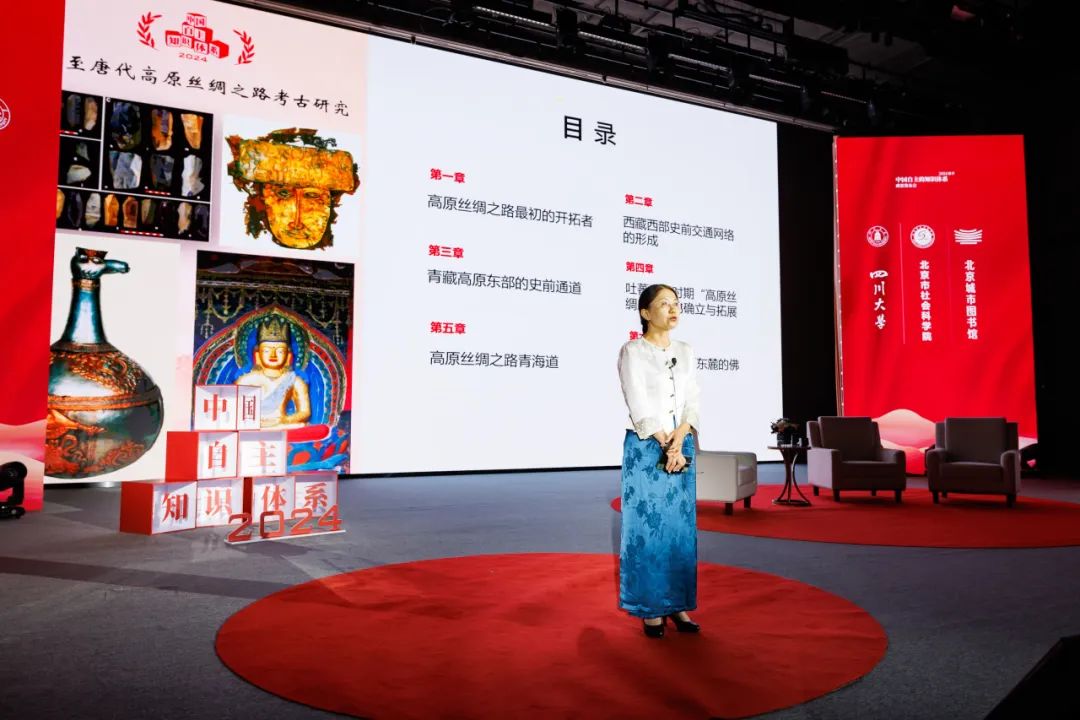
Zhang Changhong, Deputy Director of the Institute of Tibetan Studies at SCU, released two achievements: “History Forms the Unity” (9 volumes) and “Archaeological Research on the Silk Road of the Plateau from Prehistory to the Tang Dynasty”. “History Forms the Unity” details the historical relationships between Tibet and the Central Plains, offering insights for maintaining national and ethnic unity, border stability, and long-term stability. “Archaeological Research on the Silk Road of the Plateau from Prehistory to the Tang Dynasty” integrates recent archaeological findings, Han and Tibetan documents, and multidisciplinary research to explore the historical development of ancient civilization on the Qinghai-Tibet Plateau, contributing to a shared national consciousness.

Liu Dingjia from BFSU released the “Chinese-English Parallel Corpus Research” achievements, a major project funded by the National Social Science Fund that won first prize in the Ninth Excellent Achievement Award for Scientific Research in Higher Education. The corpus, with over 100 million words, is the world's largest bilingual parallel corpus. It introduces a diachronic composite architecture, solves retrieval platform technical issues, and supports new research on language development, inter-language relationships, and translation comparisons.
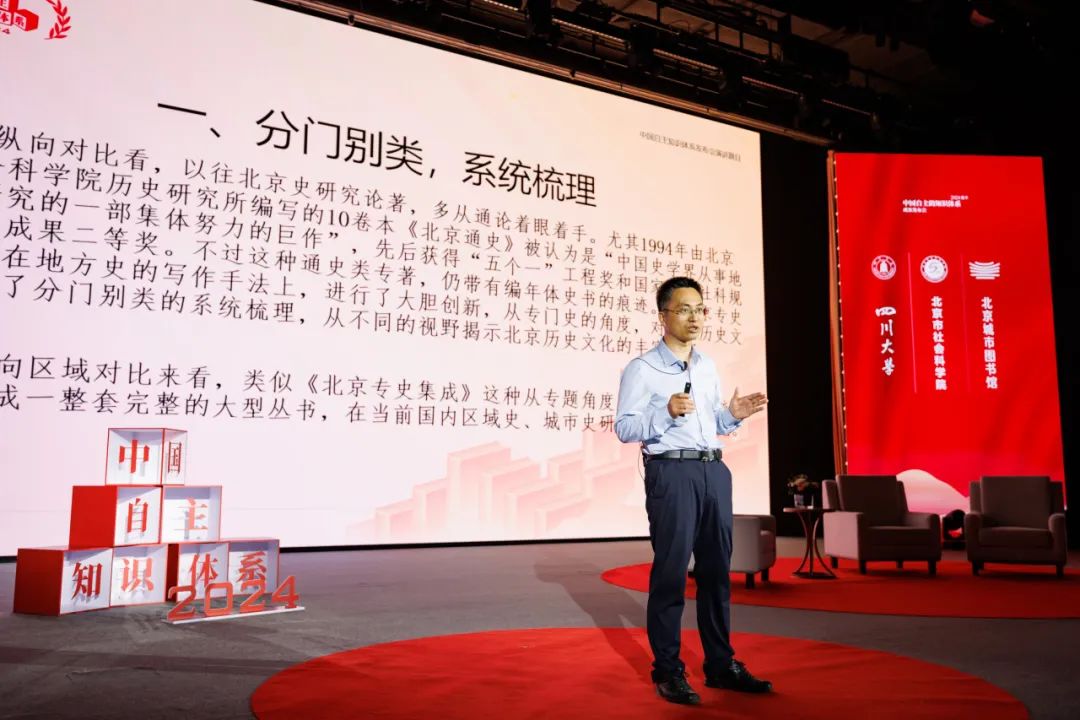
Liu Zhonghua, Director of the Institute of History at BASS, released the “Comprehensive History of Beijing” (18 volumes). This large-scale series, published by the People’s Publishing House, is a significant achievement in Beijing’s historical and cultural research. With nearly 8 million words, it reviews Beijing's history in 18 fields, including political, administrative, customs, and educational history. Many aspects are explored for the first time, marking a new approach to regional historical and cultural research, and highlighting Beijing’s charm as an ancient capital and cultural center.
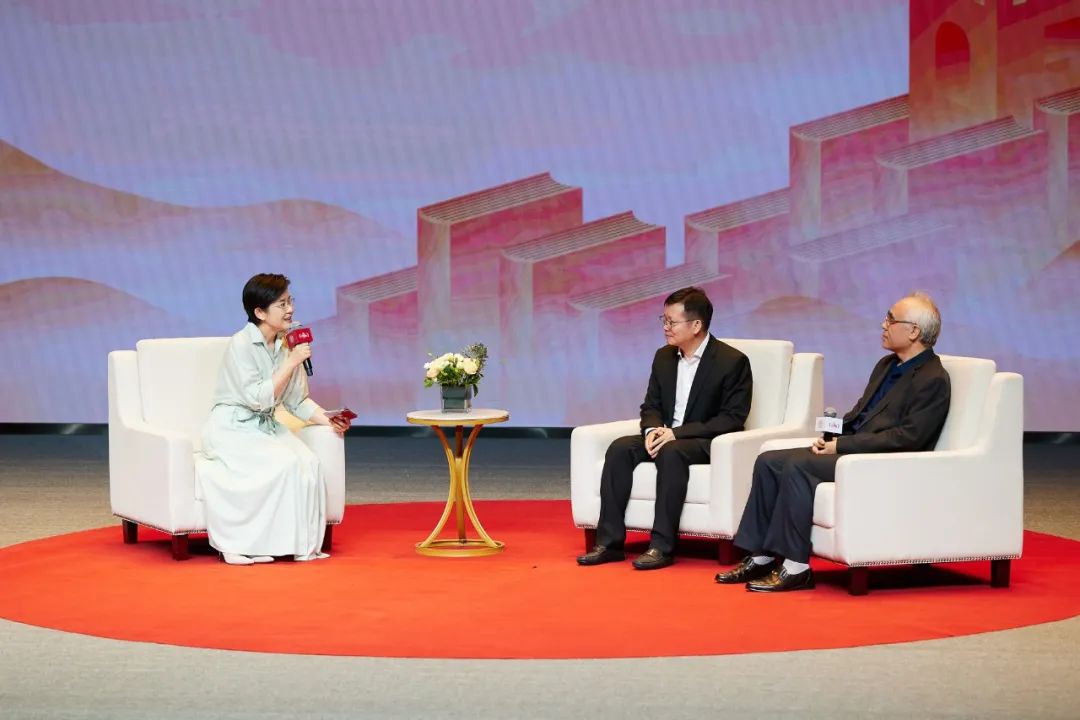
During the conference, the presenters of the achievements engaged in discussions with the hosts and commentators and interacted with the audience.
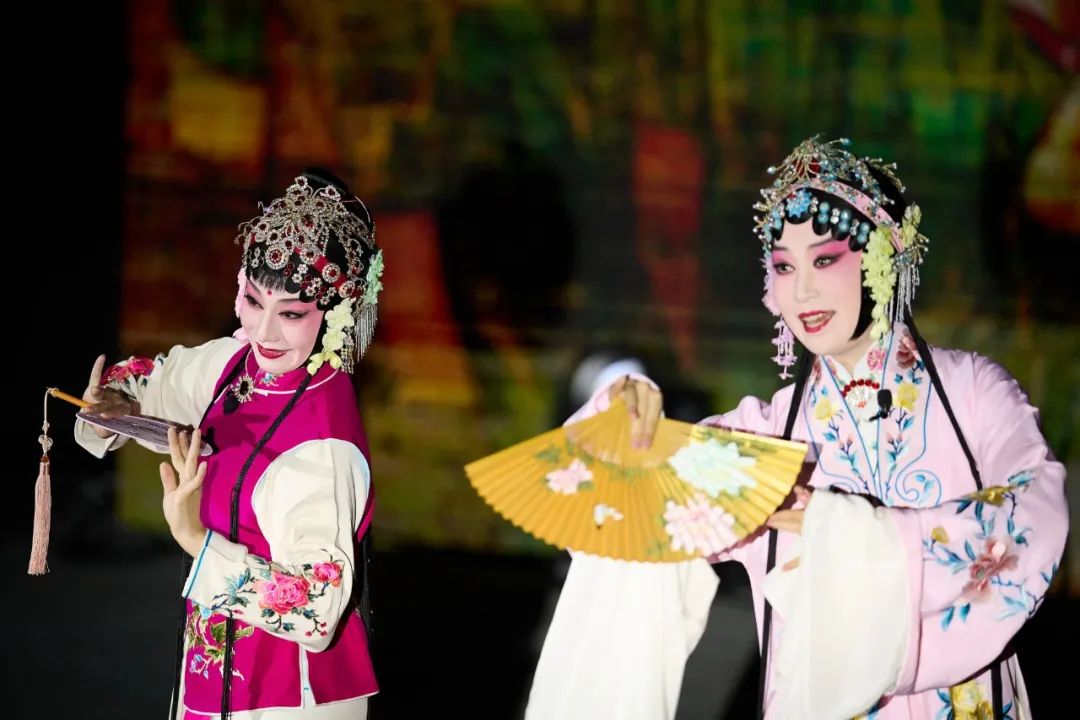
Before the release conference, Fei Jia, a master’s student from the School of Liberal Arts at RUC, and Chen Yuxuan, a young actor from the Northern Kunqu Opera Theatre, performed a selection from “The Peony Pavilion: A Stroll in the Garden”.

To advance a system for philosophy and social sciences with Chinese characteristics, RUC initiated the "Alliance of Universities Constructing China's Independent Knowledge System" on April 24, 2023. The alliance aims to create a top-tier academic platform where ideas flourish. It holds quarterly "Release Conferences" to promote and improve results. RUC previously held two quarterly and one annual conference, launching the “Digital Innovation Platform for the Independent Knowledge System of Philosophy and Social Sciences—Academic World”, presenting the latest achievements and gaining attention from academia and media.



